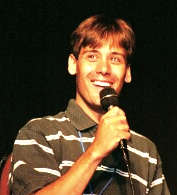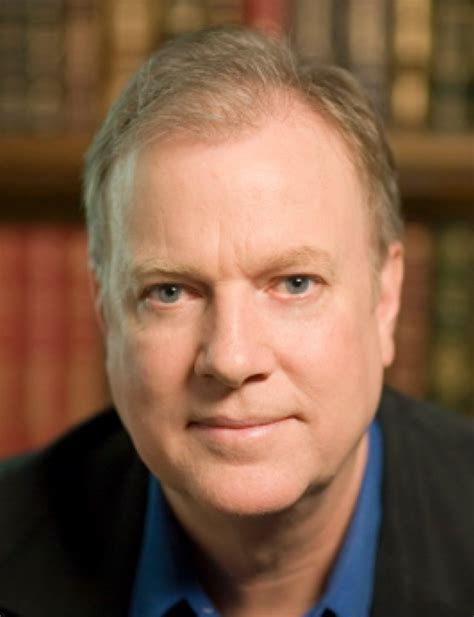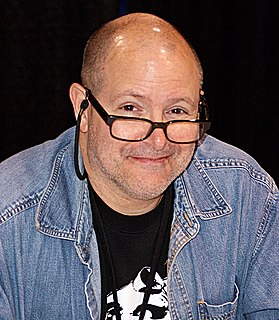A Quote by Rachel Caine
I think at some level, it's just alchemy that we, as writers, can't explain when we write the characters. I don't set out to create the characters - they're not, to me, collections of quirks that I can put together. I discover the characters, instead. I usually go through a standard set of interview questions with the character in the beginning and ask the vital stuff: What's important to you? What do you love? Hate? Fear? .. and then I know where to start. But the characters just grow on their own, at a certain point. And start surprising me.
Quote Topics
Alchemy
Ask
Beginning
Certain
Certain Point
Character
Characters
Collections
Create
Discover
Explain
Fear
Go
Grow
Hate
Important
In The Beginning
Instead
Interview
Just
Know
Level
Love
Me
Out
Own
Point
Put
Questions
Quirks
Set
Some
Standard
Start
Stuff
Surprising
Then
Think
Through
Together
Vital
What's Important
Write
Writers
Related Quotes
I see this with experienced writers, too: They worry so much about the plot that they lose sight of the characters. They lose sight of why they are telling the story. They don't let the characters actually speak. Characters will start to dictate the story in sometimes surprising, emotional, and funny ways. If the writers are not open to those surprises, they're going to strangle the life, spark, or spirit out of their work.
The writer must always leave room for the characters to grow and change. If you move your characters from plot point to plot point, like painting by the numbers, they often remain stick figures. They will never take on a life of their own. The most exciting thing is when you find a character doing something surprising or unplanned. Like a character saying to me: ‘Hey, Richard, you may think I work for you, but I don’t. I’m my own person.’
When you create those characters that people love and care about and put them in a dark hallway, already the audience is on edge, and they feel empathy for that character. Then it's up to me to decide what jumps out in that hallway. So I think laying that foundation of strong characters and strong story is the most important thing in a horror film.
One of the great things about the longer you do a character, the more the writers start to understand your kind of character ticks and things that you like to do. The most exciting thing I think for a writer is when the characters just start speaking for themselves. You sit down at your keyboard and just stuff starts jumping out of their mouths. They just sort of wrote the scripts for themselves.
People often ask me if I feel discriminated against as a black female director. I don't. I'm actually offered a ton of stuff. But I only want to direct what I write. And I prefer to focus on black female characters. What's most important to me is to put characters up onscreen who are not perfect, but who are human and flawed.
When writers are self-conscious about themselves as writers they often keep a great distance from their characters, sounding as if they were writing encyclopedia entries instead of stories. Their hesitancy about physical and psychological intimacy can be a barrier to vital fiction. Conversely, a narration that makes readers hear the characters' heavy breathing and smell their emotional anguish diminishes distance. Readers feel so close to the characters that, for those magical moments, they become those characters.
I find myself speaking through the other characters, putting ideas in their voices and heads. Writing almost becomes a splitting of myself into multiple personalities. But I don't write to make an argument on behalf of any of the characters, or to prove anything about a character. I think that's important that I be serving the story first and not my own point of view.
I look at all of world mythology and folklore as my toy to play with. There are just so many characters and creatures there I want to put on paper. It's a really exciting thing for me to take material that I really love and put a new coat of paint on it and present it to this audience. And I don't have to make up any of the characters. I can just pull a book of mythology off the shelf and say, "I'll use this guy." I also hate making up names for fantasy characters. I'll just flip through these books and say, "Wow, this is way crazier than anything I could make up".
When you start writing, you have your characters on a metaphorical paved road, and as they go down it, all these other roads become available that they can go down. And a lot of writers have roadblocks in front of those roads: they won’t allow their characters to go down those roads... I’ve never put any roadblocks on any of these paths. My characters can go wherever they would naturally go, and I’ll follow them.






































